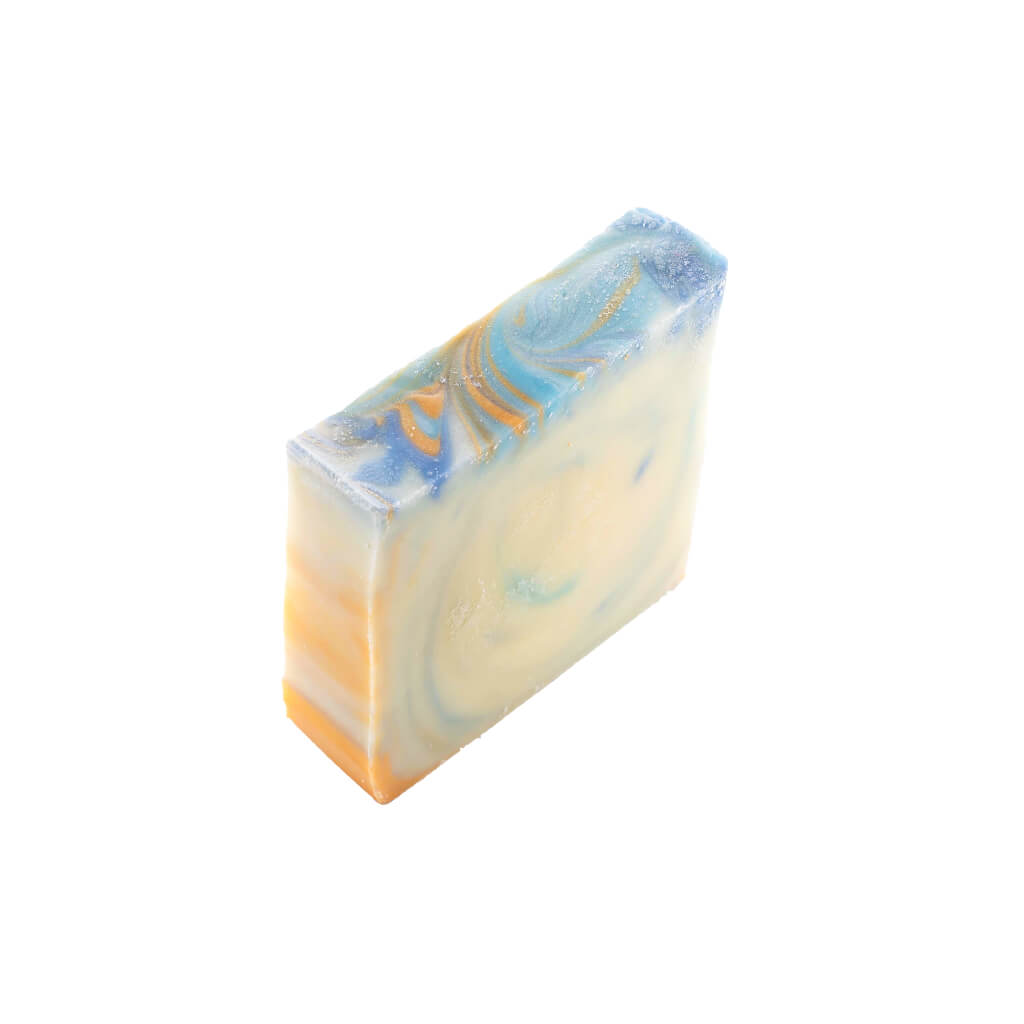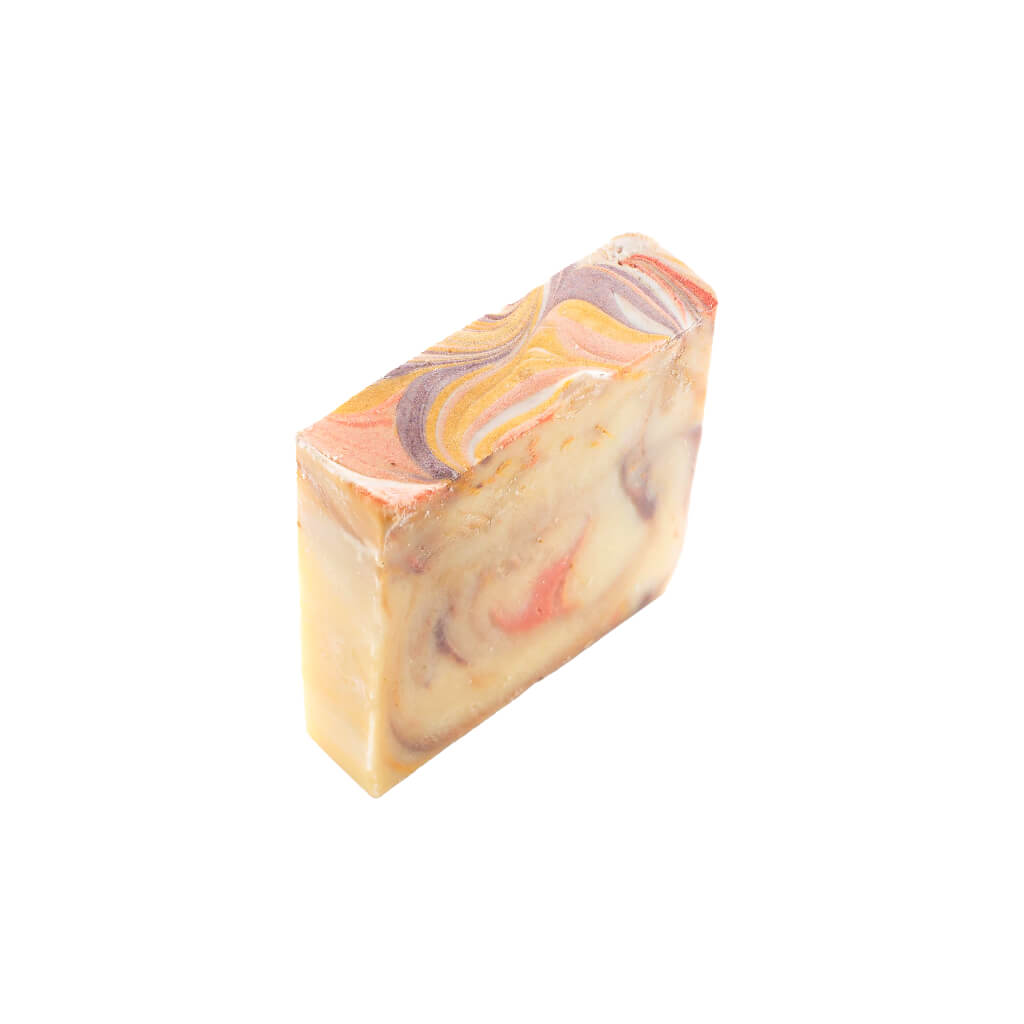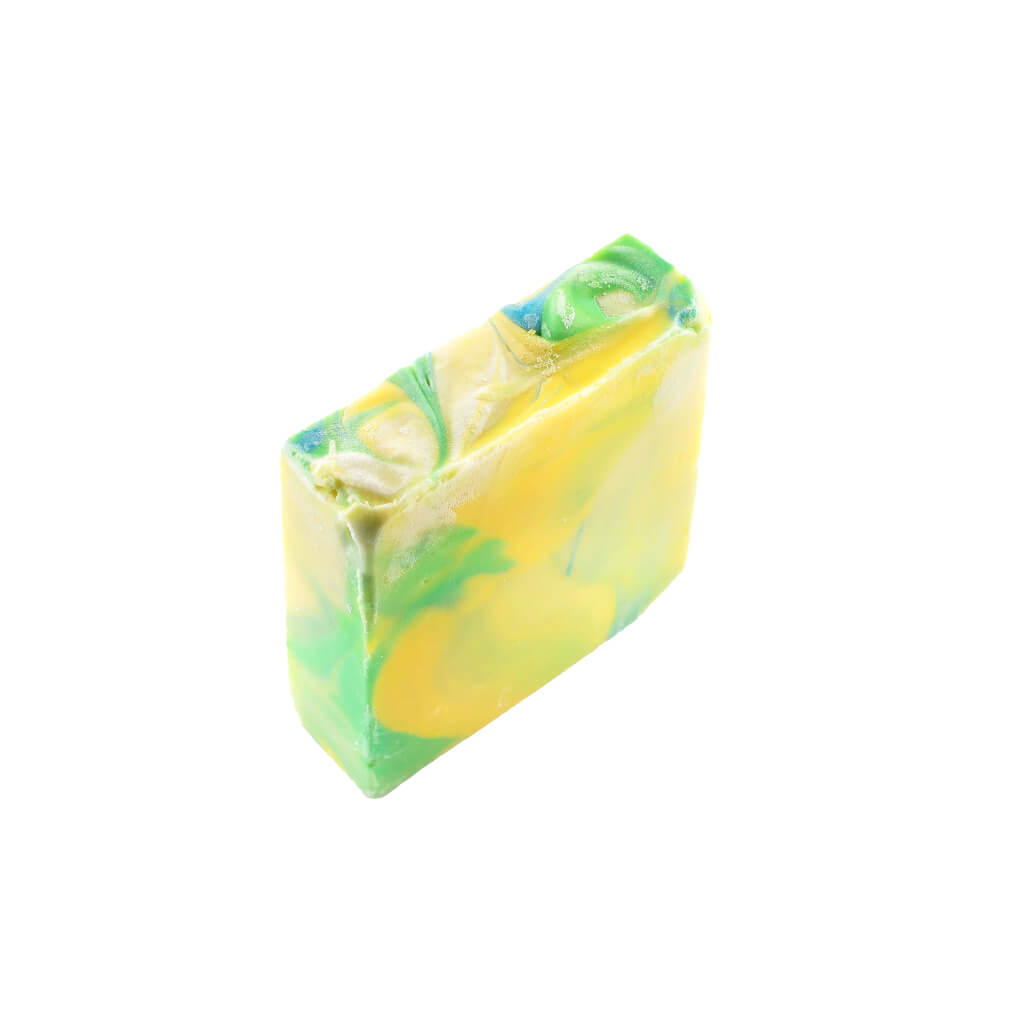*** Free UK Shipping On All Orders Over £35 ***
Menu
-
- Home
-
Hair Care
- Natural Shampoo Bars
- Natural Conditioner Bars
- Match Your Hair
- Bathroom Accessories
-
Shampoo Bar Blogs
- A Complete Guide To Shampoo Bars
- How To Use A Shampoo Bar
- 5 Things To Check When Buying Shampoo Bars
- Purple Shampoo 101: A Comprehensive Guide
- Can Shampoo Bars Damage Hair?
- Essential Guide To Curly & Afro-Textured Hair
- Best Shampoo for Your Hair? Liquid Shampoo vs. Solid Shampoo
- Bad hair day? Your Postcode Could Be The Root Cause!
- Conditioner Bar Blogs
-
Body Care
-
Equine Care
-
Canine Care
-
Hospitality
-
Wholesale
-
- 01367 242592
- Login
-
GBP

*** Free UK Shipping On All Orders Over £35 ***

Handmade Vegan Castile Soap Bars
Choose your favourite scented Castile soap bar from this range of 100% vegan, plastic free, organic, plant based and palm oil free natural soaps. They are great to use as stay at home soap bars or user friendly travel soap bars.
These creamy, lathering and highly moisturising Castile soap bars are cruelty free, SLS free, dairy free, gluten free with antibacterial properties and are suitable for all skin types. All the Castile soap bars weigh in at 95 grams.
4.67 / 5.0
(3) 3 total reviews
4.67 / 5.0
(3) 3 total reviews

Get 10% Off Your Order Today!
Sign up to offer & tip emails and Get 10% Off Your Order Today by using discount code THANK YOU at checkout!




